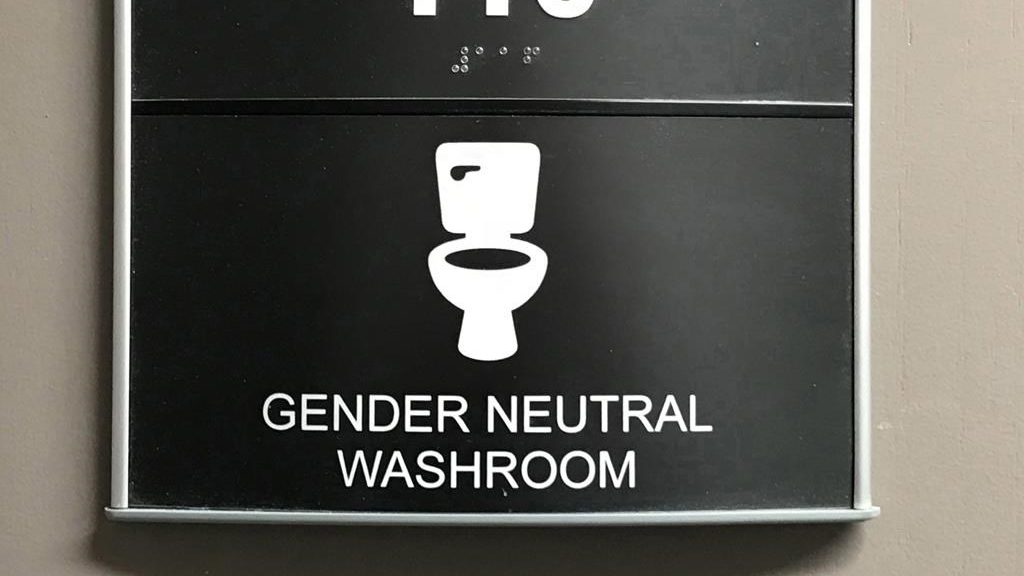
Quebec’s new rules banning the construction of shared gender-neutral bathrooms in public schools came into effect Wednesday.
The government directive requires that all new bathrooms and locker rooms in schools across the province be designated for either boys or girls.
School service centres, however, do have to ensure any student who wishes to use an individual universal bathroom has access to one.
Education Minister Bernard Drainville issued the directive after news that a high school in Rouyn-Noranda, in the province’s northwest, was starting work to provide gender-neutral bathrooms to its students for the 2024-25 school year.
The government created an expert panel in December to propose recommendations by next winter on how the province can accommodate gender diverse people.
But Drainville told reporters Wednesday his bathroom rule can go ahead because he doesn’t think the panel will recommend against it.
“I announced last fall that we were going to go ahead with this directive. We’re moving from words to actions,” Drainville said.
“It’s a question of well-being, privacy and respect for private life.”
Schools that already have gender-neutral bathrooms will be able to keep them.
“No mixed (no distinction between boys and girls) toilets and changing rooms may therefore be designed during school building construction or renovation projects,” the directive from the province reads.
It is specified that it applies to schools under construction “whose design progress is less than 30 per cent.” Plans and specifications will have to be changed, if necessary.
Schools at a more advanced stage of construction will be able to keep their gender-neutral toilets.
“We’re pragmatic people. We don’t want to delay the progress of work on new schools,” Drainville said.
The minister for the status of women, Martine Biron, says the committee is currently working on other issues.
“There are much more specific questions: what should we do, for example, in sports competitions? That’s hard for me to answer. What should we do in prisons too?” Biron asked.
–With files from La Presse Canadienne